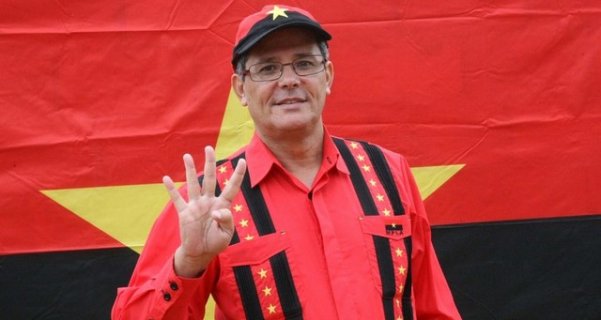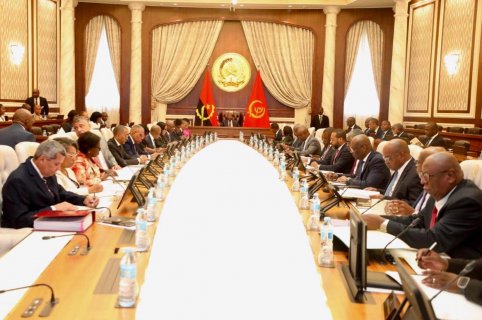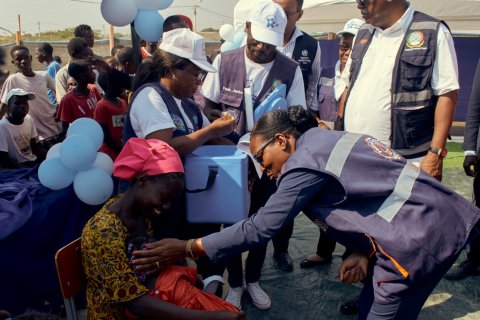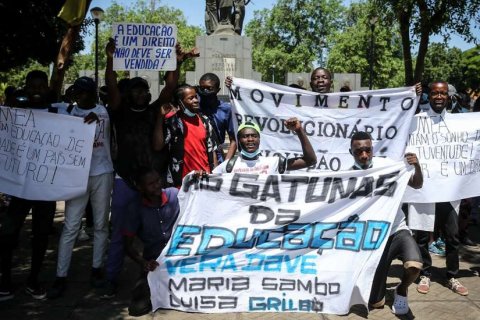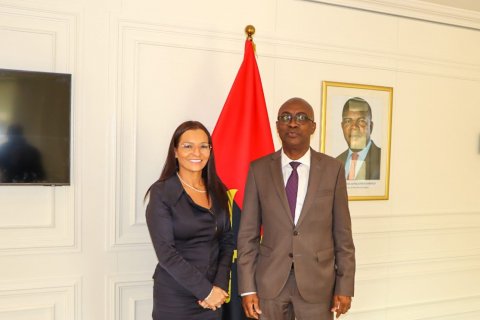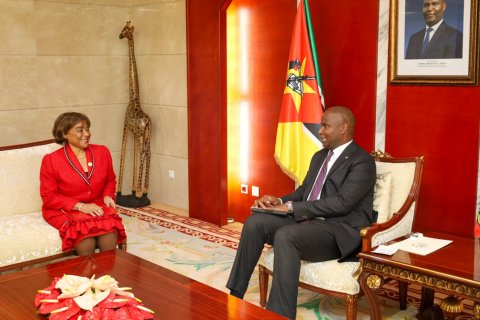Rui Falcão, who was speaking to Lusa about the TC ruling, which rejected the appeal of the National Union for the Total Independence of Angola (UNITA) and validated the final results of the August 24 elections, in which his party was proclaimed the winner, said that the court "was sovereign and decided on the basis of legal matters presented to it".
"This matter (UNITA's allegations) contained a series of irregularities, and what's more, there are crimes in that process that I hope the competent State authorities will act accordingly so that these things definitely come to an end," he said. Because otherwise, he stressed, "there are difficulties for the country's development".
According to the secretary for Information and Propaganda of the Popular Movement for the Liberation of Angola (MPLA), "the crimes are known". "The crimes are known, so are we kidding about serious stuff? Who sends false or falsified documents to court, do you think this is normal? It has to stay that way, just a ruling that legitimizes the final results", he questioned.
The Constitutional Court on Thursday dismissed the appeal filed by UNITA, the largest Angolan opposition party, stressing that the evidence presented "does not allow us to call into question the overall results" of the elections announced by the National Electoral Commission (CNE).
"The Constitutional Court concludes that the evidence presented and considered to be compliant does not allow the global results of the national count of votes presented by the National Electoral Commission to be called into question", reads the judgment.
The judgment states, on page 6, that the applicant (UNITA) "enclosed in the case file alleged summary minutes of repeated polling stations (duplicated, triplicated, quadrupled), false, erased, tampered with, without discrepant polling station codes as to content, written on A4 paper and unintelligible".
"These are not credible or serviceable elements to support the claimed claim", emphasizes the document approved in plenary by nine of the ten judges, with Judge Josefa Neto voting against.
Rui Falcão called for UNITA to be held criminally accountable because Angola is a democratic state governed by law "for better or for worse". And if there are crimes, he observed, "one must act accordingly." The State "has to exercise its role to the full, State institutions have to be respected", he added. "How come you have members there (alluding to the presence of members appointed by UNITA in the TC and CNE) and you don't respect yourself? This is already a reiterated behavior of UNITA, they don't change, they don't improve, they don't evolve", highlighted the politician. "Always with the same behaviors and, unfortunately, a lot of people are taken in the conversation, now don't involve us at that low level, we have absolutely nothing to do with it because we declared before the elections that we would accept any result", he said.
The TC ruling validates the results of the general elections announced by the CNE, on 29 August, which gave the victory to the MPLA and its candidate João Lourenço, re-elected President of Angola for the second term.
Regarding the validation of the electoral results and the consequent victory of the MPLA, Rui Falcão said that it was predictable, especially "from the first moment the CNE reported that the complaints were supported by false documents, or at least falsified".
"It was clear to us that this would be the outcome and, naturally, it reinforces our satisfaction with the victory, aware that we have a lot to do and that we have to start immediately", he pointed out.
Asked what immediate actions should be taken by his party, Falcão replied: "We have a program that was approved and it is based on this program that the first measures will be taken". "And, naturally, we have to wait for the new executive to take office", concluded Rui Falcão.
The President and Vice-President of the Republic, elected in the fifth national elections, take office on the 15th of September, followed by the deputies.

